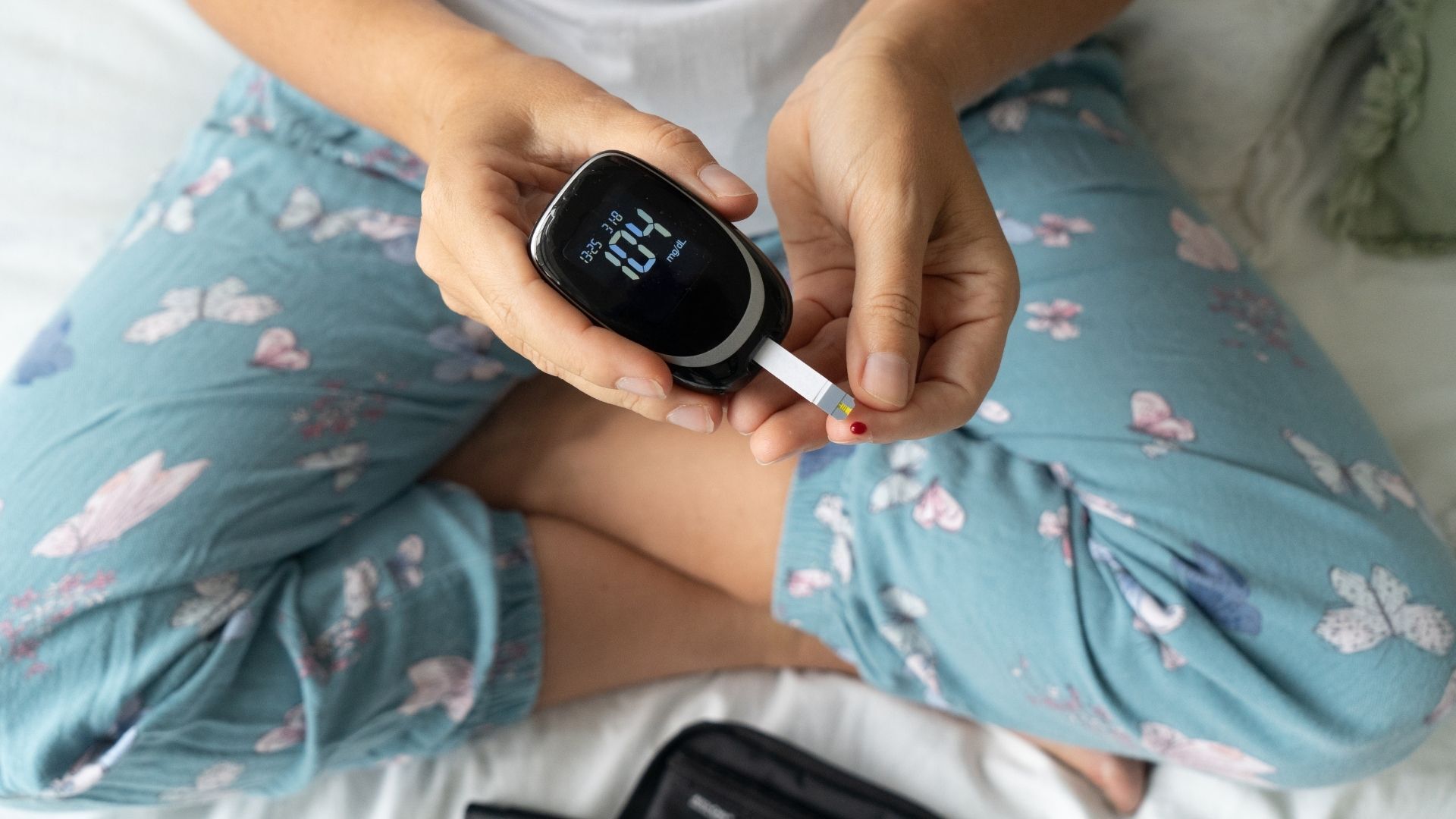
At Franciscan Healthcare, we’re committed to helping you and your family stay healthy and informed. In this blog, we’ll dive into the early signs of prediabetes and share practical tips to help you prevent it. Let’s explore how you can take charge of your health and make positive changes for a brighter future.
What is Prediabetes?
Let’s start with the basics. Prediabetes is a health condition where your blood sugar levels are higher than normal but not yet high enough to be diagnosed as type 2 diabetes. Think of it as a warning sign that your body is having trouble managing sugar, but it’s also a chance to make some changes before things get more serious.
Check out our blog on exploring the different types of diabetes!
What are the Early Signs of Prediabetes?
So, how do you know if you or someone in your family might be dealing with prediabetes? Here are a few early signs to keep an eye out for:
- Increased Thirst and Frequent Urination: If you’re suddenly feeling more thirsty than usual or making more trips to the bathroom, it could be a sign.
- Fatigue: Feeling unusually tired, even after a good night’s sleep, might be a clue that your body is struggling with blood sugar management.
- Blurred Vision: If your vision seems a bit off or blurry, it’s worth paying attention to.
- Slow-Healing Cuts or Bruises: Prediabetes can affect your body’s ability to heal wounds quickly.
- Unexplained Weight Loss or Gain: Noticeable changes in weight, especially if they happen without changes to your diet or exercise routine, can be another indicator.
Who’s at Risk?
Certain factors can increase your chances of developing prediabetes. While we can’t change some of these, like getting older or having a family history of diabetes, there are plenty of things we can do to lower our risk. Here are some common risk factors:
- Age: People over the age of 45 are at higher risk.
- Family History: If diabetes runs in your family, you might be more likely to develop prediabetes.
- Weight: Carrying extra pounds, especially around your midsection, can increase your risk.
- Inactivity: When you’re inactive for long periods, your body becomes less efficient at processing glucose.
- Ethnicity: Certain groups, including African American, Hispanic, Native American, and Asian American populations, are at higher risk.
Prevention Tips for the Whole Family
The good news is that prediabetes can often be reversed or managed with lifestyle changes. Here are some simple and practical tips to help you and your loved ones stay on track:
- Eat a Balanced Diet: Fill your plate with plenty of fruits, vegetables, whole grains, and lean proteins. Cutting back on sugary snacks and drinks can make a big difference.
- Stay Active: Aim for at least 30 minutes of moderate exercise most days of the week. Whether it’s a walk around the park or a game of catch in the backyard, moving more can help manage blood sugar levels.
- Maintain a Healthy Weight: If you’re carrying extra pounds, even a small amount of weight loss can have a positive impact on your health.
- Get Regular Check-Ups: Regular visits to your healthcare provider can help catch any issues early and keep you on the right track.
- Manage Stress: High stress levels can impact your health in many ways. Find healthy ways to manage stress, such as spending time with loved ones, practicing relaxation techniques, or enjoying hobbies.
- Quit Smoking: If you smoke, quitting can reduce your risk of diabetes and improve your overall health.
- Stay Educated: Whether you’re newly diagnosed or have had diabetes for years, Franciscan Healthcare has educational opportunities for you.
Take Control of Your Life
If you’re concerned about prediabetes or have some of the risk factors mentioned, it’s a good idea to schedule an appointment with your healthcare provider. They can perform a blood test to check your blood sugar levels and offer personalized advice on how to reduce your risk.
Remember, being proactive about your health is the best way to stay ahead of potential issues. By making small, positive changes, you can take charge of your well-being and set a great example for your family.
Contact Franciscan Healthcare today to schedule an appointment!
